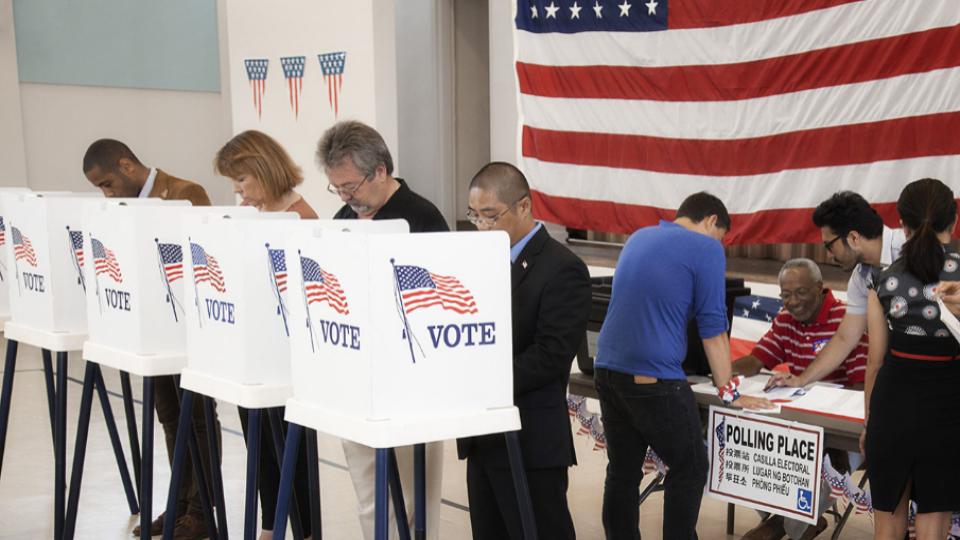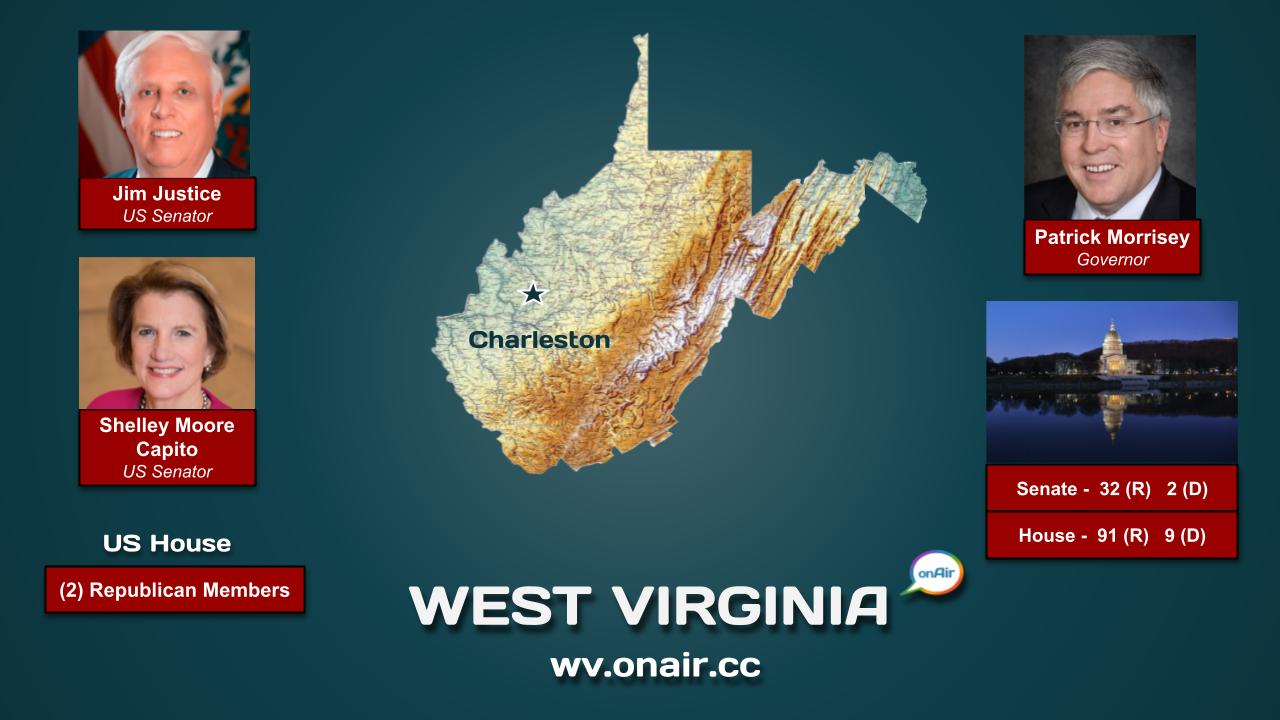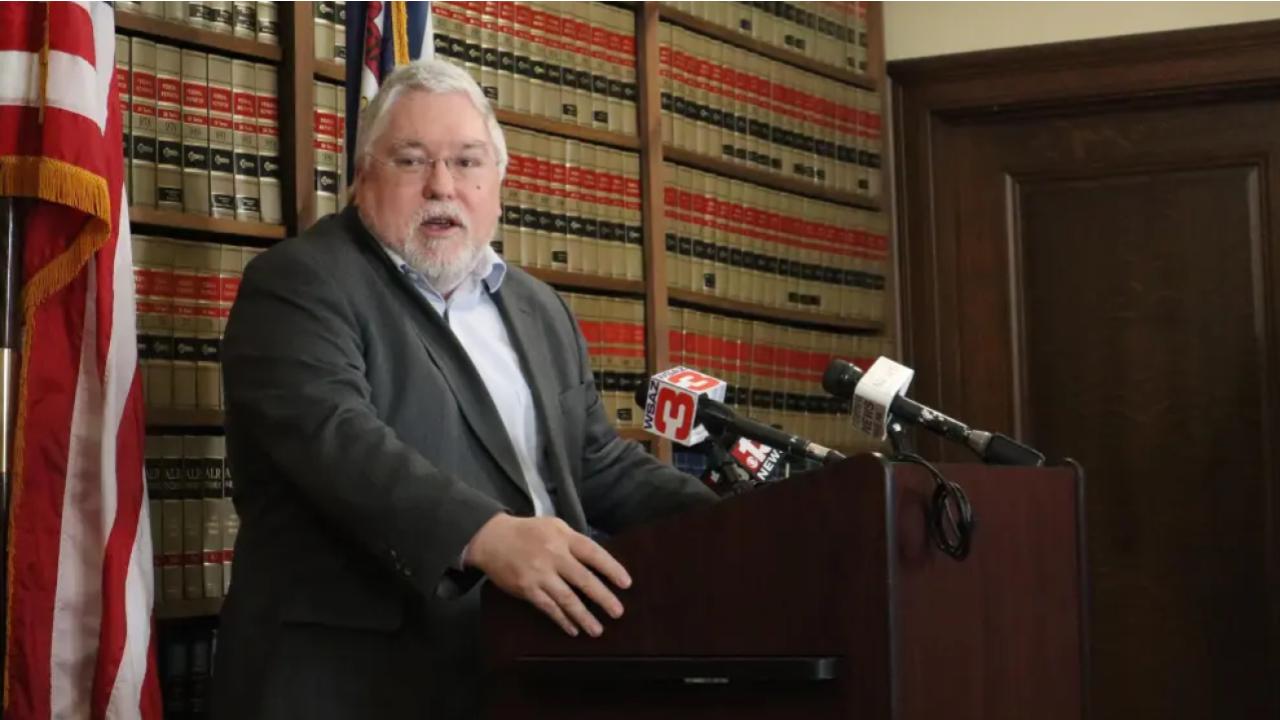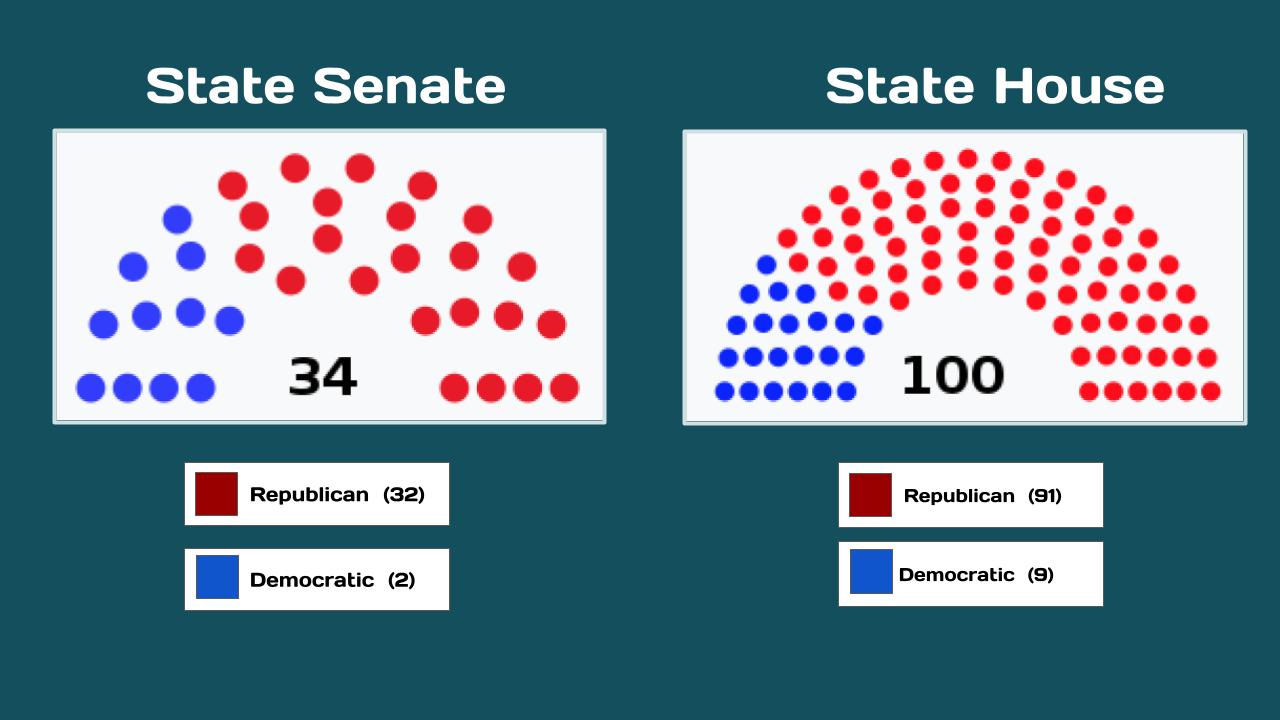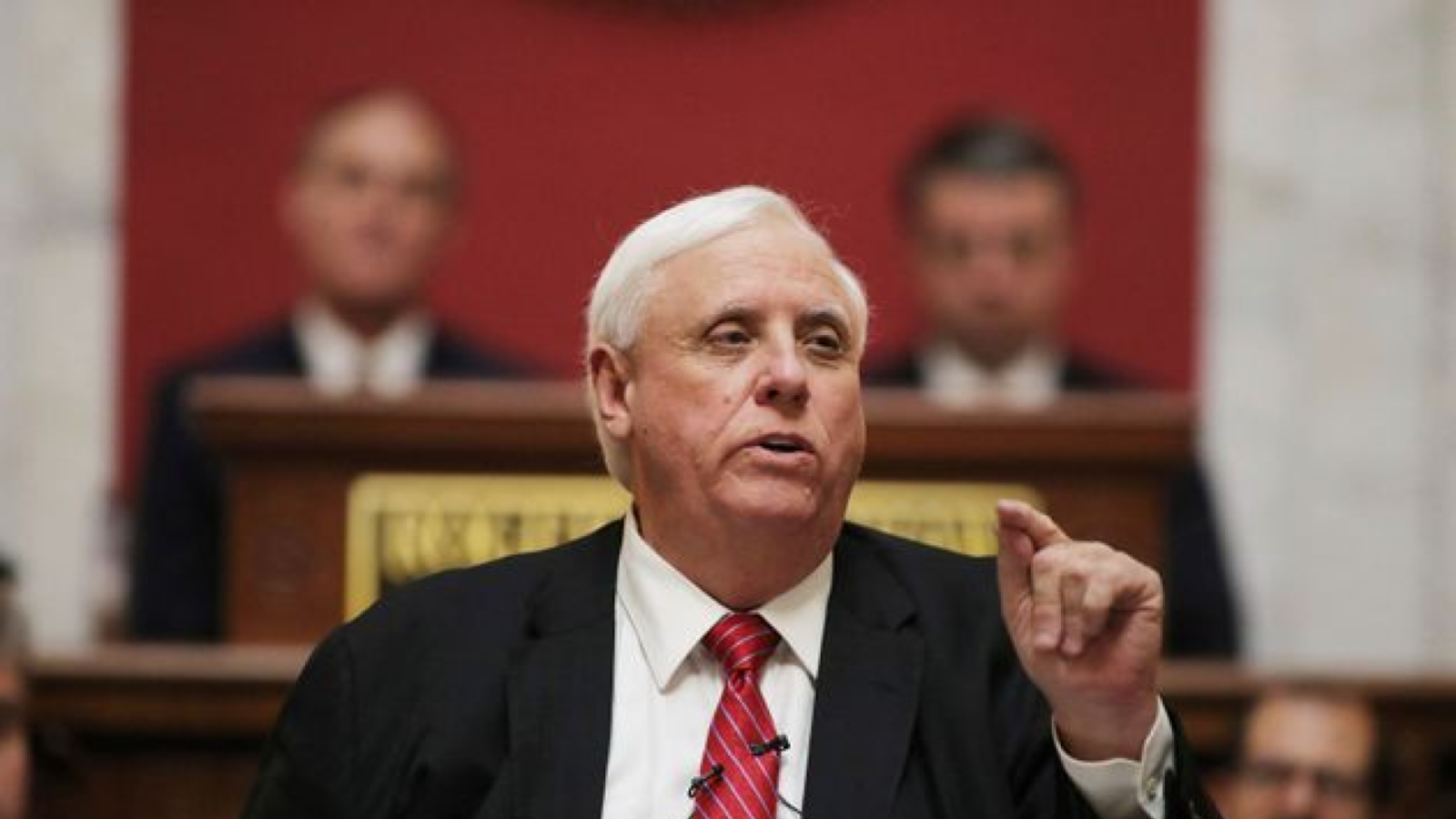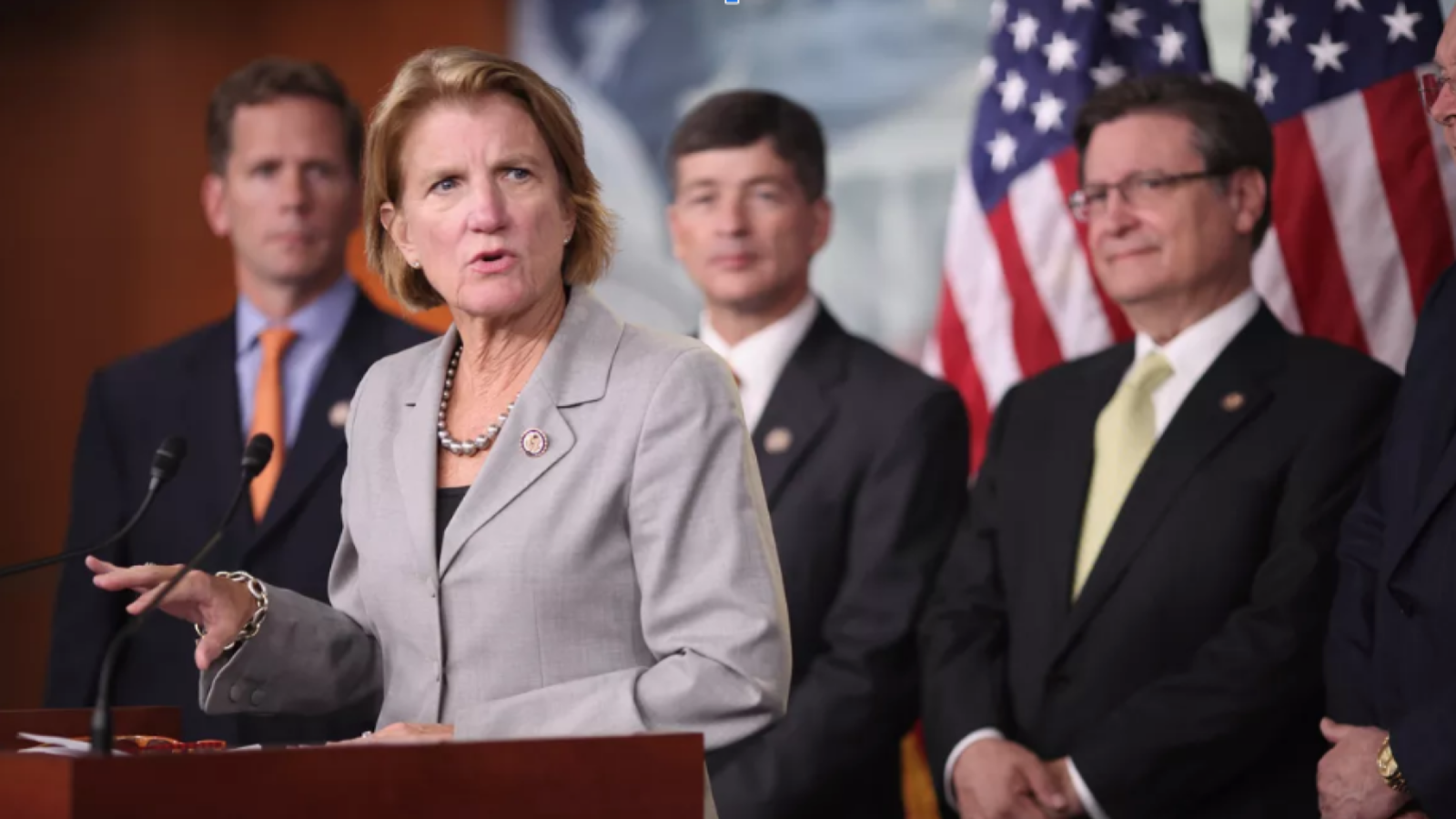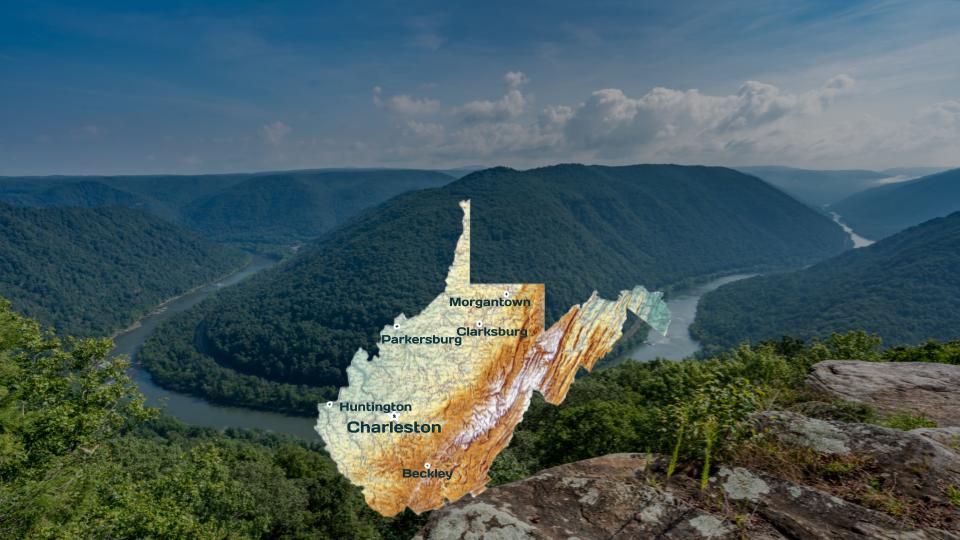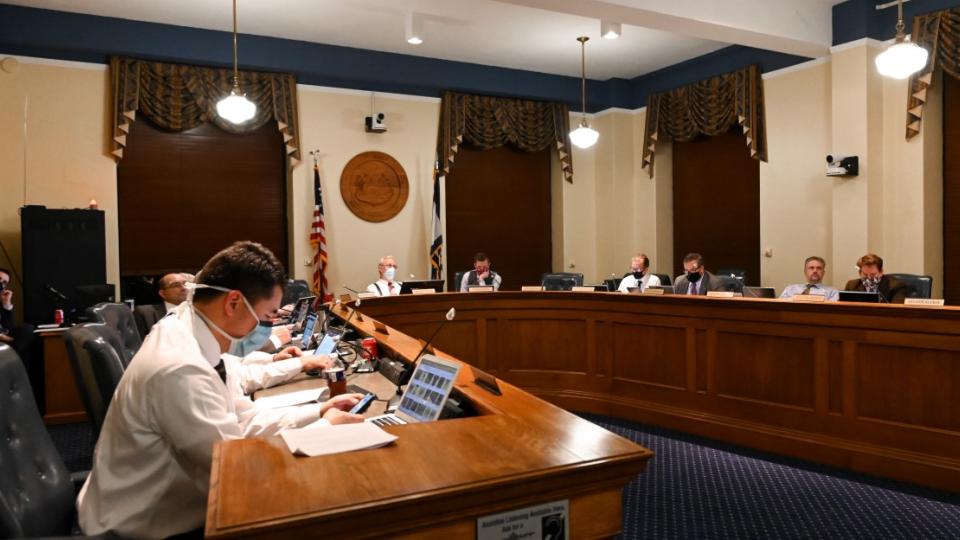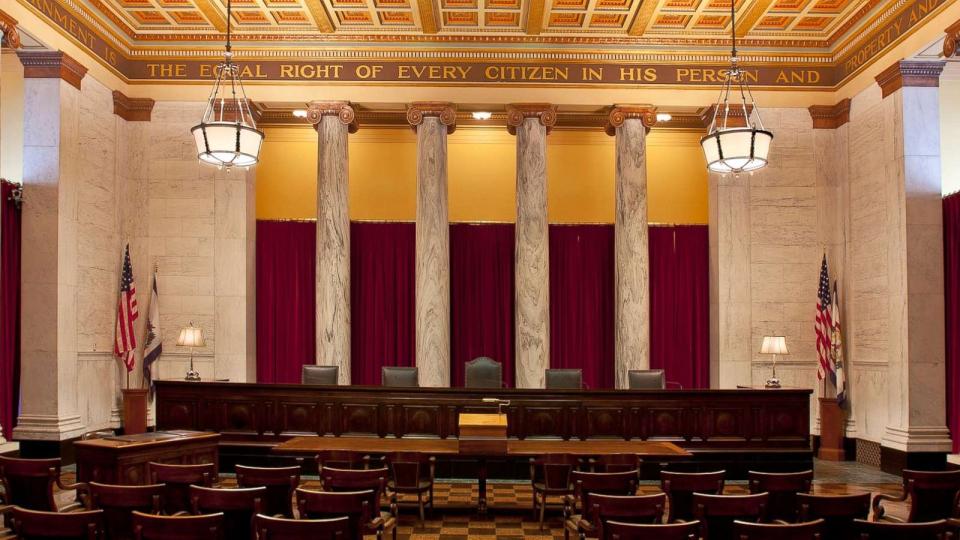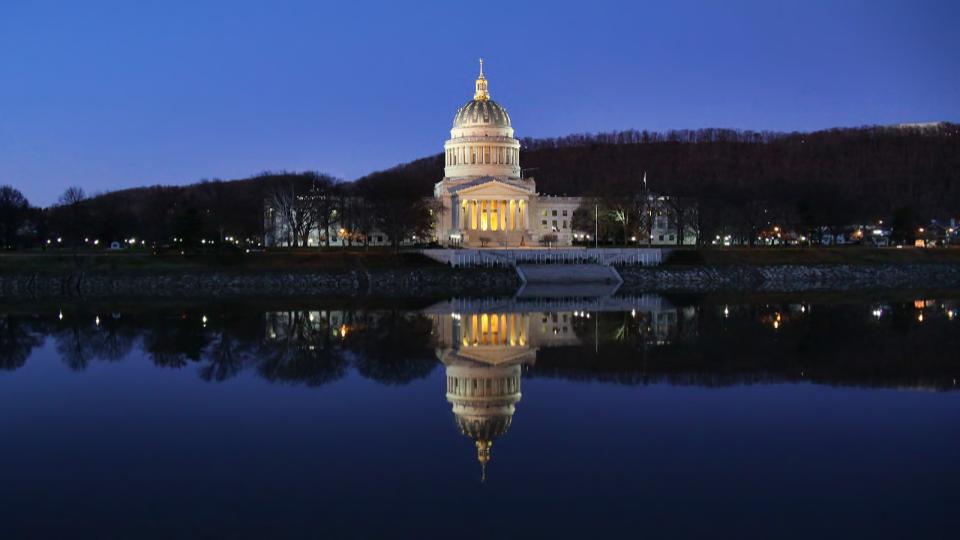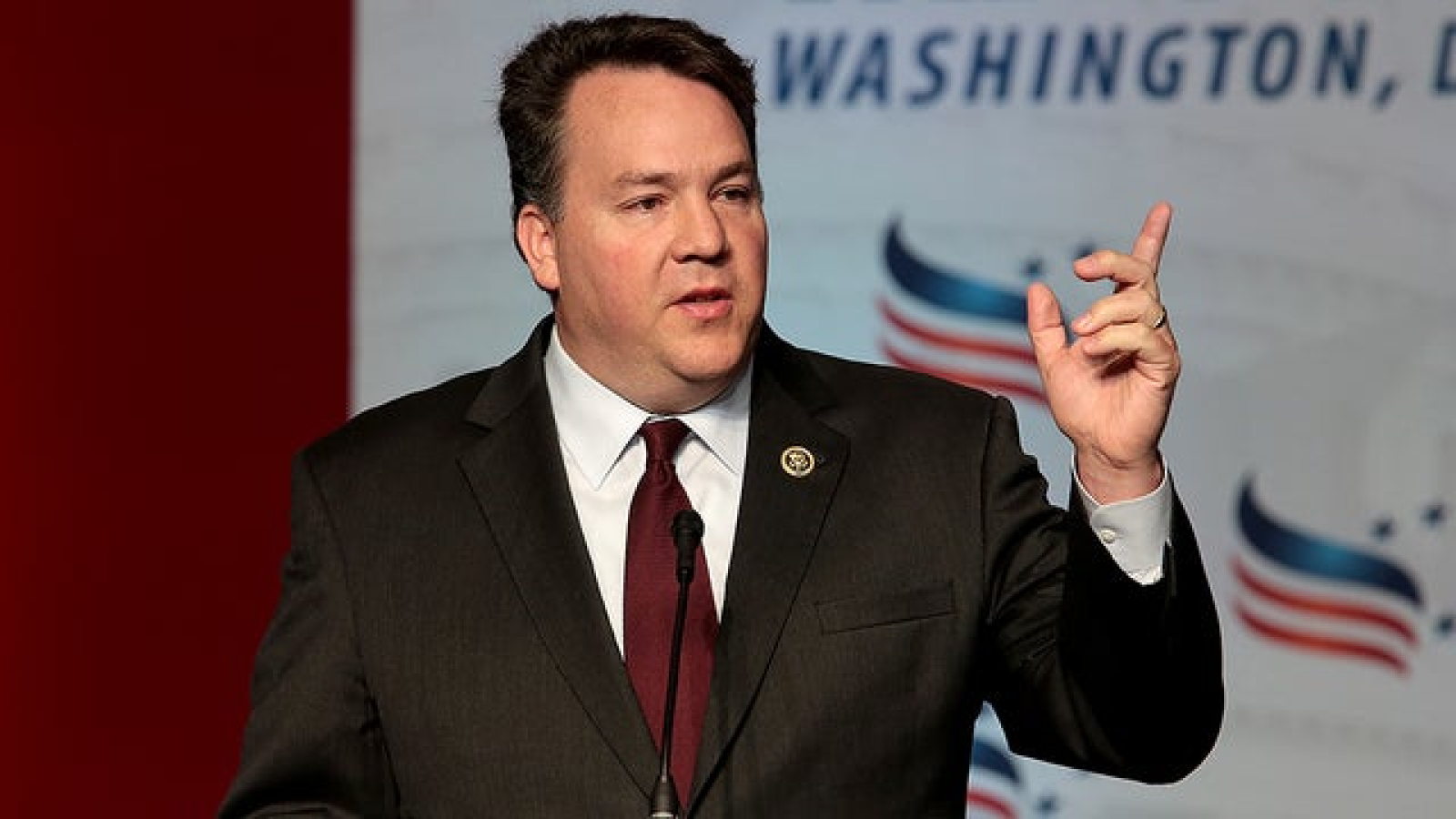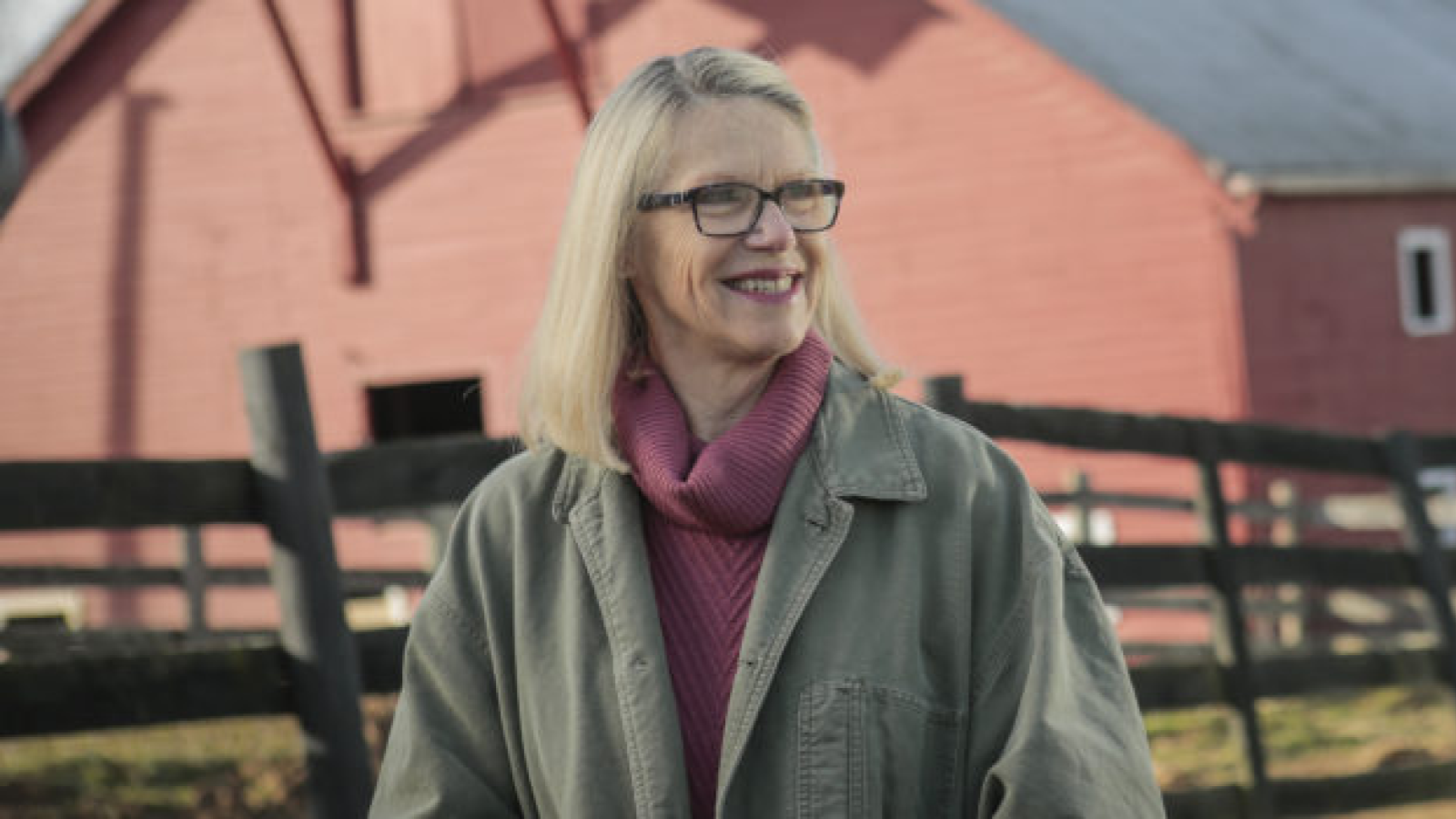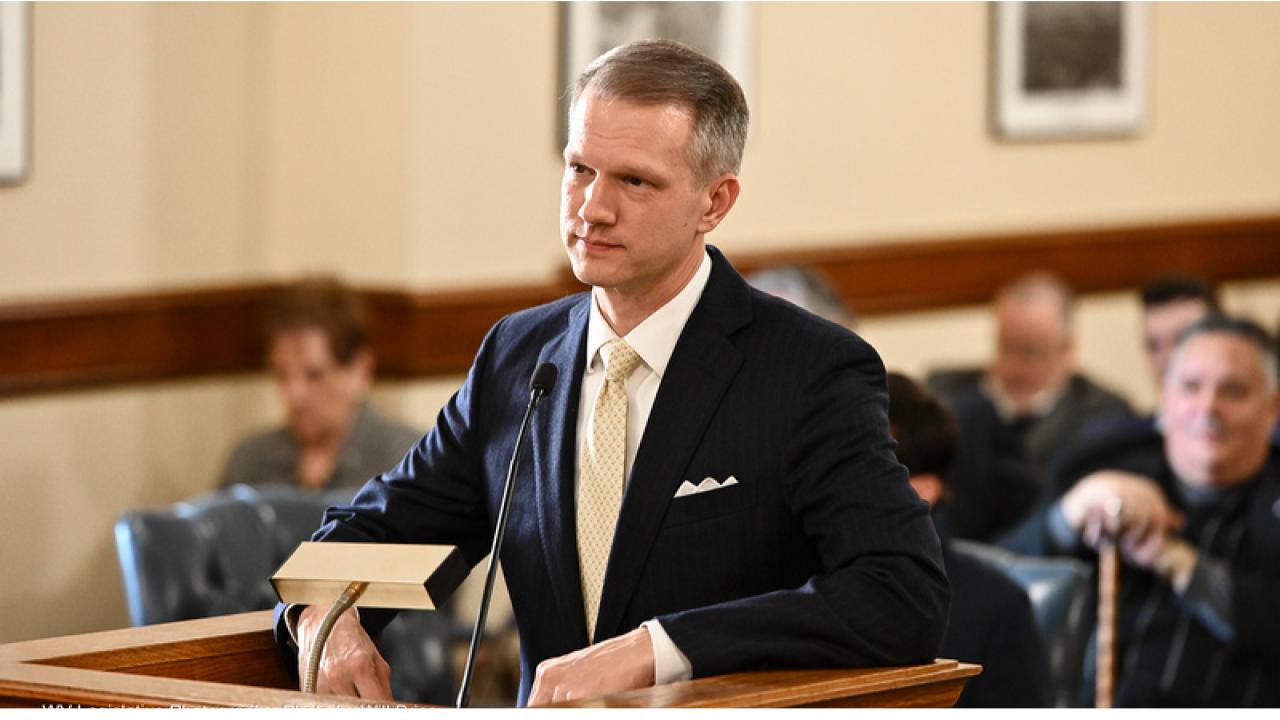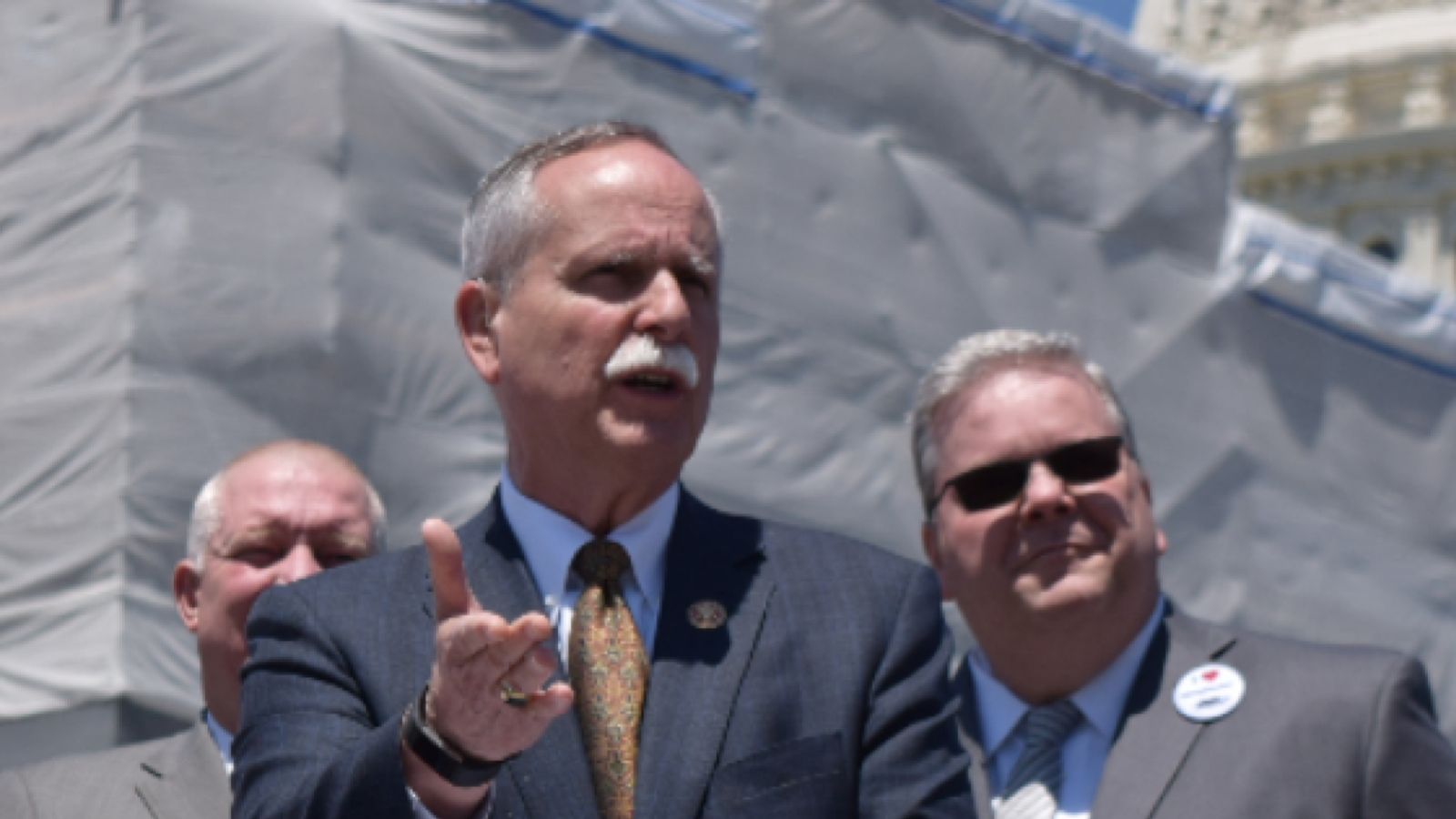Summary
West Virginia is located in the Southern region of the USA with Charleston as its capital. Jim Justice (R) is Governor.
The West Virginia legislature has 34 Senate members and 100 House members.
OnAir Post: West Virginia onAir
News
December 20, 2023
The base content in each post in this West Virginia onAir Hub has been updated as of 12/20/23. In addition to the eight posts on the home page, in depth posts on each US House member and posts on West Virginia government and elections have been started. These posts have been shared with the US onAir Hub and will updated in the US onAir automatically when they are updated in this hub.
If your university or nonpartisan organization (such as a government focused research center, citizen engagement program or a League of Women Voters chapter) is interested in assisting the US onAir network to help curate new issue posts or other posts on this Hub and moderate the forums in each post, contact Ben Murphy at Ben.Murphy@onair.cc.
We are also supporting college students to start an onAir chapter on the their campus to coordinate the curation and moderation of posts especially on state and local representatives and government.
About
The West Virginia onAir Hub supports West Virginians to become more informed about and engaged in local, state, and federal politics while facilitating more civil and positive discussions with their representatives, candidates, and fellow citizens.
- West VirginiaonAir is one of 50 state governance and elections hubs that the US onAir Network is providing to help reinvigorate US democracy. This post has short summaries of current state and federal representatives with links to their complete Hub posts. Students curate post content from government, campaign, social media, and public websites. Key content on the West Virginia Hub is also replicated on the US onAir national Hub at: us.onair.cc.
- West Virginia students will be forming onAir chapters in their colleges and universities to help curate Hub content. As more students participate and more onAir chapters are started, we will expand to include more state and local content as well as increase the number of aircasts – student-led, livestreamed, online discussions with candidates, representatives, and the public.
Find out more about Who Represents Me in West Virginia
Learn more about the US onAir Network
All hub content in onAir hubs is free to the public. Hub ontent is under the Creative Commons Attribution-NonCommercial license which permits content sharing and adaptation by nonprofit organizations as long as proper attribution is given to its author(s) and is used for non-commercial purposes. Content and moderation guidelines reinforce our commitment to fact-based, comprehensive content and civil and honest discourse.
To participate in aircast and post discussions, email usdemocracy@onair.cc and include your first name last name, and zipcode. Your real name and any other profile information will not be displayed unless you choose to do so. Your personal information is not shared with any other website or organization.
Hub membership will enable you to:
- Participate in issue and interview aircasts (student-led livestreamed discussions);
- Interact directly with post authors and curators giving them feedback, content suggestions, and asking questions;
- Ask questions, make suggestions, and give endorsement to representatives
Web Links
State Representatives
| Office | Name | Party | Assumed office | Next election | Term limited | Maximum term length | |
|---|---|---|---|---|---|---|---|
| Governor | Jim Justice | Republican | January 16, 2017 | 2024 | Yes | Two consecutive terms | |
| Secretary of State | Mac Warner | Republican | January 16, 2017 | 2024 | No | No limits | |
| Attorney General | Patrick Morrisey | Republican | January 14, 2013 | 2024 | No | No limits | |
| Treasurer | Riley Moore | Republican | January 18, 2021 | 2024 | No | No limits | |
| Auditor | JB McCuskey | Republican | January 16, 2017 | 2024 | No | No limits | |
| Commissioner of Agriculture | Kent Leonhardt | Republican | January 16, 2017 | 2024 | No | No limits | |
Governor Jim Justice
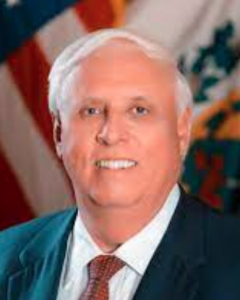 Current: Governor since 2015
Current: Governor since 2015
Affiliation: Republican
District:
Next Election: US Senate 2024
History: At Marshall, he was a two-year captain on the Thundering Herd golf team. Justice earned his bachelor’s degree and Master of Business Administration from Marshall. He founded Bluestone Farms in 1977, which now operates 50,000 acres (20,000 ha) of farmland, and is the leading producer of grain on the East Coast of the US. After his father’s death in 1993, Justice inherited ownership of Bluestone Industries and Bluestone Coal Corporation. Forbes estimated Justice’s net worth at $513.3 million as of October 2021.[19][2] Justice serves as the owner or chief executive officer of over 50 companies, including the Greenbrier in White Sulphur Springs, West Virginia, which he bought for $20.5 million in 2009, preventing its bankruptcy.
In 2015, Justice declared his candidacy for governor of West Virginia in the 2016 election as a member of the Democratic Party. In January 2019, Justice declared his candidacy for reelection.[31] This time, he ran as a Republican, having changed his party registration after a 2017 rally with President Donald Trump.
Featured Quote: Do it for Babydog! Save a life. Change your life. Vaccinated West Virginians – register to win HUGE prizes here
OnAir Post: Jim Justice – WV
US Representatives
Senator Joe Manchin
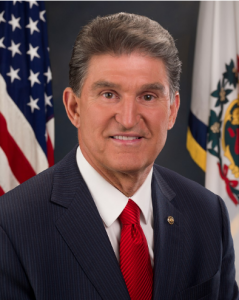 Current:US Senator since 2011
Current:US Senator since 2011
Affiliation: Democrat
Leadership: Chair, Committee on Energy and Natural Resources (chair)
Next Election: On November 9, 2023, Manchin announced that he would not seek reelection in 2024.
History: Manchin entered West Virginia University on a football scholarship in 1965, but an injury during practice ended his football career. Manchin graduated in 1970 with a degree in business administration and went to work for his family’s business. Manchin helped found and was the president of Enersystems, a coal brokerage company his family owns and operates.
Manchin was the 34th governor of West Virginia from 2005 to 2010 and the 27th secretary of state of West Virginia from 2001 to 2005.
Featured Quote: As the Appropriations Committee continues to work, I will fight tirelessly for West Virginia’s priorities. Click here to view my new, interactive map and see Congressionally Directed Spending requests from your county:
OnAir Post: Joe Manchin – WV
Senator Shelley Moore Capito
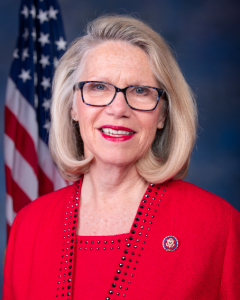 Current: US Senator since 2015
Current: US Senator since 2015
Affiliation: Republican
Leadership: Ranking Member, U.S. Senate Committee on Environment and Public Works
History: Capito was educated at Duke University, where she earned her bachelor’s degree in zoology; and the University of Virginia School of Education and Human Development, where she earned her master’s degree. Capito was a career counselor at West Virginia State University and director of the educational information center for the West Virginia Board of Regents.
Capito was elected to Kanawha County’s seat in the West Virginia House of Delegates in 1996, and served two terms, from 1996 to 2000. Capito served seven terms as the U.S. representative from West Virginia’s 2nd congressional district from 2001 to 2015. The daughter of three-term West Virginia governor Arch Alfred Moore Jr.
Featured Quote: WATCH This #WestVirginiaDay, I asked my staff and friends across the state what they think of when West Virginia comes to mind. Today and every day is a great day to be a West Virginian.
OnAir Post: Shelley Moore Capito – WV
Alex Mooney WV-O1
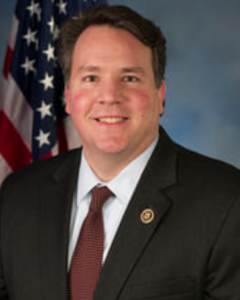 Current: US Representative of WV 2nd District since 2015
Current: US Representative of WV 2nd District since 2015
Affiliation: Republican
Leadership: Co-chair, Media Fairness Caucus
District: Southern part of West Virginia
Next Election:
History: Mooney received his B.A. in philosophy from Dartmouth College. Mooney interned for U.S. Representative Ed Royce and then served as staff assistant to U.S. Representative Roscoe Bartlett. In 1995, he became a legislative analyst for the House Republican Conference.
Mooney represented the 3rd district in the Maryland State Senate from 1999 to 2011 and is a former chair of the Maryland Republican Party.
Featured Quote: My mother fled Cuba after being imprisoned by Castro’s regime. The same oppressive government continues, and I support the people of Cuba’s fight for liberty against its communist government.
OnAir Post: Alex Mooney WV-O1
Carol Miller WV-02
 Current: US Representative of WV 3rd District since 2019
Current: US Representative of WV 3rd District since 2019
Affiliation: Republican
District: Northern part of West Virginia
Next Election:
History: Miller earned a bachelor’s degree in history and political science from Columbia College in Columbia, South Carolina.
Miller represented the 15th district in the West Virginia House of Delegates from 2007 to 2013, and the 16th district from 2013 to 2019.
Featured Quote: This week, I reintroduced the Accelerating Individuals into the Workforce Act with @RepWalorski,@MikeKellyPA, and @RepRonEstes. Our bill provides a direct pathway to employment opportunities and success for certain welfare recipients in West Virginia and across the country.
OnAir Post: Carol Miller WV-02
More Information
Wikipedia
Contents
The Government of West Virginia is modeled after the Government of the United States, with three branches: the executive, consisting of the Governor of West Virginia and the other elected constitutional officers; the legislative, consisting of the West Virginia Legislature which includes the Senate and the House of Delegates; and the judicial, consisting of the West Virginia Supreme Court of Appeals and lower courts.
The capital and seat of government in West Virginia is the city of Charleston, located in the southwest area of the state.
Legislative branch
Like all states except Nebraska, West Virginia has a bicameral state legislature, the West Virginia Legislature. The lower house is the West Virginia House of Delegates and the upper house is the Senate. The West Virginia Legislature is a citizen’s legislature or part-time legislature.
The West Virginia Constitution imposes a limit of 60 calendar days the length of the regular session. Regular sessions of the Legislature commence on the second Wednesday of January of each year; following the election of a new governor, the session starts in January with the governor’s address but then adjourns until February. The session may be extended by concurrent resolution adopted by a two-thirds vote of each house. The governor may also call legislators to convene in special sessions whenever the governor deems one or more issues of state government in need of timely action by the Legislature. The final day of the regular session usually includes last-minute legislation in order to meet a constitutionally-imposed deadline of midnight. Legislators usually do not make it a full-time occupation, but frequently hold a full-time job in their community of residence. This differs from neighboring states such as Pennsylvania and Ohio, who have professional full-time legislatures.
The House of Delegates has 100 members. All delegates are elected to two-year terms and are up for election in even-numbered years, elected from 100 single member districts, thus each represents about 17,000 people. The Senate consists of 34 members from 17 districts, elected to four year terms. One senator from each district is elected in the presidential year and the other in the off year. Each senator thus represents about 105,000 people.

Executive branch
The chief executive of West Virginia is the governor of West Virginia, who is elected to a four-year term at the same time as presidential elections. The governor is sworn in the January following the November election. A governor may only serve two consecutive terms.[1] A term-limited governor may subsequently run for additional terms, but an interceding election must occur. Patrick Morrisey became governor on January 13, 2025.
In addition to the governor, there are five other directly elected executive offices:
- Secretary of State (currently Republican Kris Warner)
- Attorney General (currently Republican John McCuskey)
- Agriculture Commissioner (currently Republican Kent Leonhardt)
- Auditor (currently Republican Mark Hunt)
- Treasurer (currently Republican Larry Pack)
Regular elections are held concurrently with the election for governor every four years, but unlike the governor these offices have no term limits.
Judicial branch
The state trial courts of general jurisdiction are the West Virginia Circuit Courts, There are 31 judicial circuits, each made up of one or more counties, with a total of 70 Circuit Judges. Domestic cases are handled by Family Courts. There are 27 Family Court Circuits with a total of 45 judges. Local judges are elected in non-partisan elections to serve eight-year terms on a non-partisan basis. Small claims and misdemeanor case are heard by magistrates elected for four years, with between two and ten in each county, based on population. Magistrates are not lawyers.
The West Virginia Supreme Court of Appeals is the state supreme court. There is an Intermediate Court of Appeals of West Virginia which only hears civil and administrative appeals. Criminal appeals go directly from the Circuit Court to the Supreme Court. By tradition, the position of “Chief Justice” rotates yearly. It primarily brings extra administrative duties.
Local government
In West Virginia, the county is the unit of government, although an unsuccessful attempt to introduce the township system was made in West Virginia’s first constitution.
Each of the state’s 55 counties has a county commission, consisting of three commissioners elected for six years but with terms so arranged that one is up for reelection every two years, which is the legislative and fiscal authority. The county commissions were originally called county courts before legal reform stripped the commissions of their judicial powers in 1976. The county commission still retains the judicial function as the probate court, however.
Other officers are the County Clerk, whose primary duties are as recorder of deeds and voter’s registrar; and a Circuit Clerk, who records acts of the Family and Circuit courts, both elected for six-year terms on a partisan basis; the sheriff, who has law enforcement and tax collection authority; the Prosecuting Attorney, who must be a lawyer and who not only handles criminal cases but also does the civil litigation for the county; an Assessor (the Constitution provides for a possibility of two, but no county has ever adopted that system), who determines the value of land for tax purposes, and a surveyor of lands, which has no official duties or salary except when the county commission contracts with the surveyor.[2] All of the non-clerk jobs are elected on a partisan basis for four-year terms. The sheriff is term limited to two consecutive terms. In addition, there are boards appointed or elected by various authorities and charged with specific duties. They include the local board of health and the board of jury commissioners.
There is also a Board of Education, which is elected on a non-partisan basis, consisting of five members elected with overlapping terms similar to the county commission.
See also
- List of governors of West Virginia
- Political party strength in West Virginia
- Politics of West Virginia
- West Virginia’s congressional delegations
References
- ^ “Constitution of West Virginia”. West Virginia Legislature. 2023. Retrieved 19 April 2023. Article 7, Section 4.
- ^ https://sos.wv.gov/FormSearch/Elections/Informational/Running%20for%20Office.pdf [bare URL PDF]
External links
- State of West Virginia Government
- West Virginia Legislature Homepage Archived 2018-01-12 at the Wayback Machine
- Supreme Court of Appeals of West Virginia Homepage
- Constitution of West Virginia Archived 2015-10-05 at the Wayback Machine
- West Virginia Code Archived 2015-02-23 at the Wayback Machine
